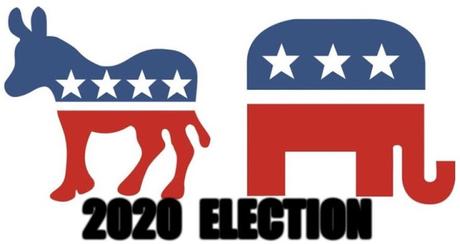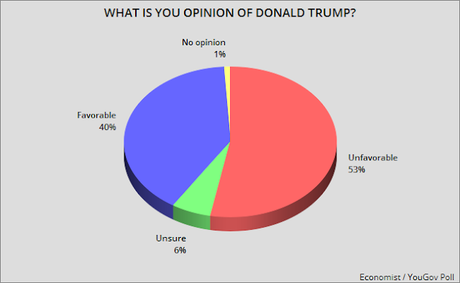
Almost immediately after Elizabeth Warren's declaration that she is forming an exploratory committee to run for president in 2020, two things happened. First, progressives extolled her ideology, and then many cable news pundits questioned whether she was likable enough to be elected. Is either one correct, and does it even matter if they are?
I will probably anger many of my progressive brothers and sisters by saying this, but I don't think ideology wins presidential elections. Both the left and the right seem convinced that they can convince voters that their ideology is the one that will save the country. While I prefer the progressive agenda, I don't think it alone will win an election -- and neither will the ultra-conservative agenda.
A candidate with a progressive agenda will make most Democrats happy, and will likely bring them to the polls. A candidate with a conservative agenda will likely make Republicans happy, and will likely bring them to the polls. The problem is that there aren't enough Democrats or Republicans to win an election by themselves. Presidential elections are swung, one way or the other, by Independent voters.
And like it or not, most of those Independent voters are moderates. While they may like some of the changes proposed by Democrats or Republicans, they don't want to go too far too fast either way. They want change done in moderation -- in small steps, so they can be sure the change is good. They will almost always vote for the more moderate candidate -- not the ideologically pure candidate of either party.
How about likability? Do the voters vote for the candidate the like the most -- the one they see as affable? Rarely. I can only think of two elections that likability probably played a factor. The first was in 1960. The nation was pretty happy with how things were going in the country, and the election was very close. But in the TV debate, Kennedy looked confident and likable while Nixon looked like a dour ideologue. The nation chose Kennedy.
The other election was in 1992. I think it did help Bill Clinton to have a friendly and likable personality, which his opponent could not match. Both were fairly moderate candidates, so voters chose the more likable one and Clinton won.
Having said that, I don't think the 2020 election will hinge on likability. It simply doesn't matter whether Warren (or any other Democrat) is likable or not. That's because their opponent is not well liked by the public (see chart below).
The 2020 election will be a satisfaction or change election, and that is pretty normal in presidential elections.When voters are happy with the way things are going in the country, they usually give the party in power another four years in the White House. When they are not happy, they give the White House to the opposition party in a change election.
2020 is going to be a change election. The public is not happy with how Trump is doing his job, and unless he changes that, they will elect a Democrat. I'm not sure he wants to change, or could change if he wanted to do it. He has certainly shown no desire or ability to do it so far.
The Democrats should be able to oust Trump in 2020, provided they don't go off the deep end and nominate a candidate that scares the moderate middle (like a candidate that brags about being a socialist). Democrats would make a mistake (and possibly blow the election) by trying to force an ideology that's too extreme on the voters. They need to be the more moderate party, and that should be easy to do in opposing Trump. Just remember to keep the election about the arrogance and incompetence of Trump -- not some pie-in-the-sky plan for radical change.

This chart uses information from the Economist / YouGov Poll -- done between December 30th and January 1st of a national sample of 1,500 adults, with a 2.9 point margin of error.

